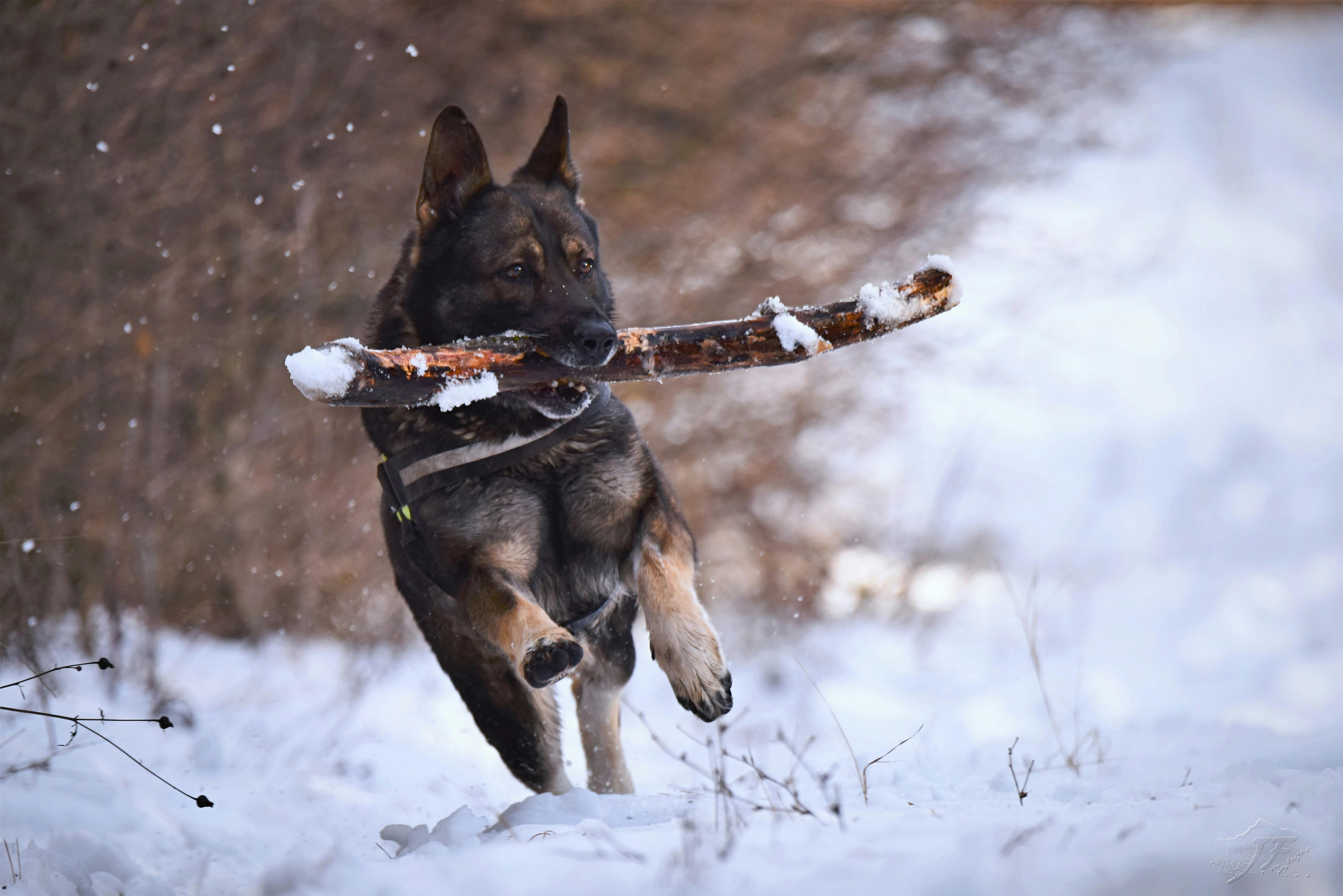personality
Interestingly for a bird that tends to have a strong tendency to be fearful and neurotic, the African Gray Parrot possesses the most stable temperament in the world of psittacines. Although he can be quite rebellious when he is young, later, when he reaches maturity, his temperament becomes calm and reflective. Unlike other parrots, the Gray does not have the inclination to change his personality or behavior during the mating season, which in my opinion is a very big point in his favor.
Along those lines, you’ll also be happy to hear about the African Gray Parrot’s mating call, or rather the lack of it. In fact, this parrot doesn’t actually have a recognizable mating call per se, which is good news for the heat of spring, when hormones are red hot and most parrots are screaming. Sound-wise, however, they can still drive you crazy: African Grays can make their imitation of the beep of a microwave oven or other electrical appliance as maddening as a repetitive mating call!
Although less popular, African Timneh Parrots are less surly in character than their Congo cousins. They tend to be less nervous and more rebellious, and also more likely to do silly things to get the attention of their audience or just for fun.
Behaviour
The smarter an animal is, the higher its risk of developing behavioral problems, and as you know, the African Gray is extremely smart! For example, only attention-hungry cockatoos pluck their feathers more severely than grays, so their sensitivity must be taken into account to avoid similar excesses.
Due in large part to its sensitive nature and impressive intelligence, the African Gray Parrot can react very negatively to a clumsy educator or coercive training session. This is why training African parrots should never involve forcing them to do what they don’t want to do, otherwise they are almost certain to develop phobic behaviour.
Grays only learn through positive reinforcement, therefore, educating a gray should be based more on child pedagogy than dog training principles.
Socialization
Socialization is a very important consideration when rehoming an African Gray Parrot.
In your first few days with an African Gray Parrot, you will start to weave a very strong bond with your perceived mate (be it another bird or a human) and become totally devoted to him or her. He can become possessive of the latter and aggressive towards those around him, and even be so jealous of his favorite human that he will reject all other members of the family, including other pets.
Good socialization can prevent that problem. Gray parrots are the most gregarious of all parrots and need to feel accepted as full members of their social group (or human family). Conversely, a lack of socialization in his early days could turn your feathered friend into a neurotic adult parrot.
In a word, while you try to socialize your bird as much as you can (and you should), remember that since they are suspicious, shy and anxious by nature, Grays will not be very social with strangers and generally won’t get along with each other. they will get on well. along with the children.
The bottom line
Contrary to popular belief, the African gray is a very affectionate bird. In his early childhood, when your Gray has not yet developed a high level of distrust, it is necessary to manipulate him often and let him go on safe “adventures”, such as seeing different places in the house, or meeting different people and realizing that they do not you are a threat. Teaching him early on that biting is not a means of communication will also help. After this stage, your gray will be much more ready to accept new humans and new objects in his familiar environment.


